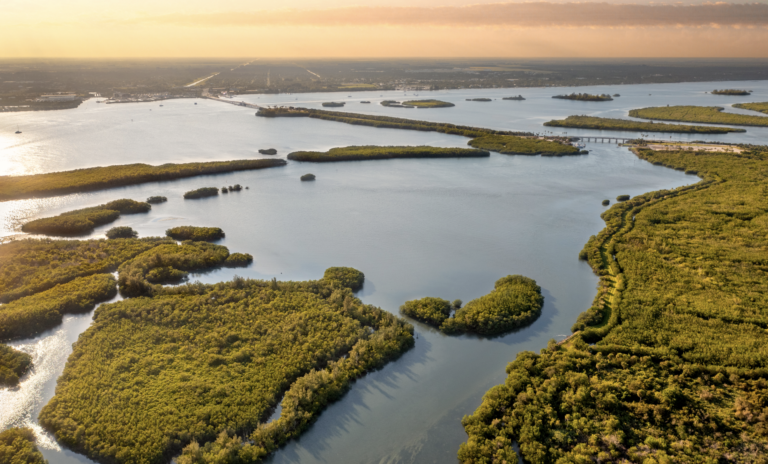
Understanding the Impact of Water Pollution
Water pollution is a critical issue affecting ecosystems, wildlife, and human health. Contaminants like chemicals, plastics, and waste enter water bodies, causing devastating consequences. Polluted water disrupts aquatic life, contaminates drinking water sources, and contributes to climate change by affecting natural processes. The impact extends globally, with millions of people lacking access to clean water. Understanding the gravity of water pollution is essential for addressing the problem and implementing effective solutions to protect our planet’s most vital resource.
The Urgent Need for Water Pollution Cleanup
The need for water pollution cleanup has never been more pressing. With increasing industrialization, urbanization, and agricultural activities, our water bodies are under severe threat. Polluted water harms human health, leading to diseases and disrupting communities. It also threatens biodiversity, causing the decline of aquatic species. Cleanup efforts are essential to restore ecosystems, ensure safe drinking water, and preserve the environment for future generations. Immediate action is required to mitigate these impacts and safeguard our water resources.
Proven Methods for Water Pollution Cleanup
Water pollution cleanup involves various proven methods that effectively reduce contaminants. Techniques like bioremediation use microorganisms to break down harmful substances in water. Mechanical removal, such as skimming and dredging, is used to physically extract pollutants from the water’s surface or bed. Chemical treatments can neutralize hazardous materials, making them less harmful. Additionally, constructed wetlands act as natural filters, cleaning polluted water before it reenters natural water bodies. These methods, when applied correctly, play a crucial role in restoring the health of polluted water sources.
Innovative Water Pollution Solutions: Technology and Beyond
Innovation is driving new solutions to combat water pollution. Advanced technologies like nanotechnology and filtration systems are emerging as effective tools. Nanomaterials can remove heavy metals and other pollutants at a microscopic level, offering precise cleanup. Algae-based treatments are another innovative approach, using natural processes to absorb contaminants. Beyond technology, policy reforms and sustainable practices in agriculture and industry are essential. Integrating these innovations into broader environmental strategies ensures a comprehensive approach to water pollution solutions, paving the way for a cleaner future.
Community Involvement in Water Pollution Solutions
Community involvement is crucial in the fight against water pollution. Local groups, volunteers, and non-profits play a significant role in raising awareness, organizing cleanups, and advocating for stronger regulations. Education programs help communities understand the impact of pollution and empower them to take action. By participating in monitoring efforts and supporting sustainable practices, individuals can contribute to long-term solutions. When communities come together, they create a powerful force for change, driving collective efforts to protect and restore their local water bodies.
Case Studies: Successful Water Pollution Cleanup Efforts
Several case studies highlight successful water pollution cleanup efforts around the world. The Hudson River in New York is a prime example, where decades of pollution from industrial waste were tackled through coordinated cleanup initiatives. This is just one of the 5 clean water wins in the New York State budget. Another success story is the Thames River in London, which was once declared biologically dead but has now been revitalized through extensive pollution control measures. Our London Waterkeeper, Theo Thomas, is battling to transform the Thames River into a river fit to swim in. These examples demonstrate that with persistence, collaboration, and effective strategies, even the most polluted water bodies can be restored to health.
The Future of Water Pollution Cleanup and Global Sustainability
The future of water pollution cleanup lies in a combination of advanced technology, sustainable practices, and global cooperation. As climate change intensifies, the challenges of water pollution will grow, demanding innovative approaches and more resilient systems. Emerging technologies like AI-driven monitoring, eco-friendly materials, and global data-sharing platforms will play a key role in detecting and addressing pollution faster. Additionally, adopting sustainable practices in industry, agriculture, and everyday life will help prevent pollution at its source. By fostering a global commitment to clean water, we can ensure a sustainable and healthy planet for future generations.
To learn more about how you can contribute to the fight for clean water and support ongoing efforts, visit the Clean Water Defense Campaign by Waterkeeper Alliance. Together, we can make a significant impact on protecting our water resources for generations to come.